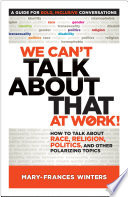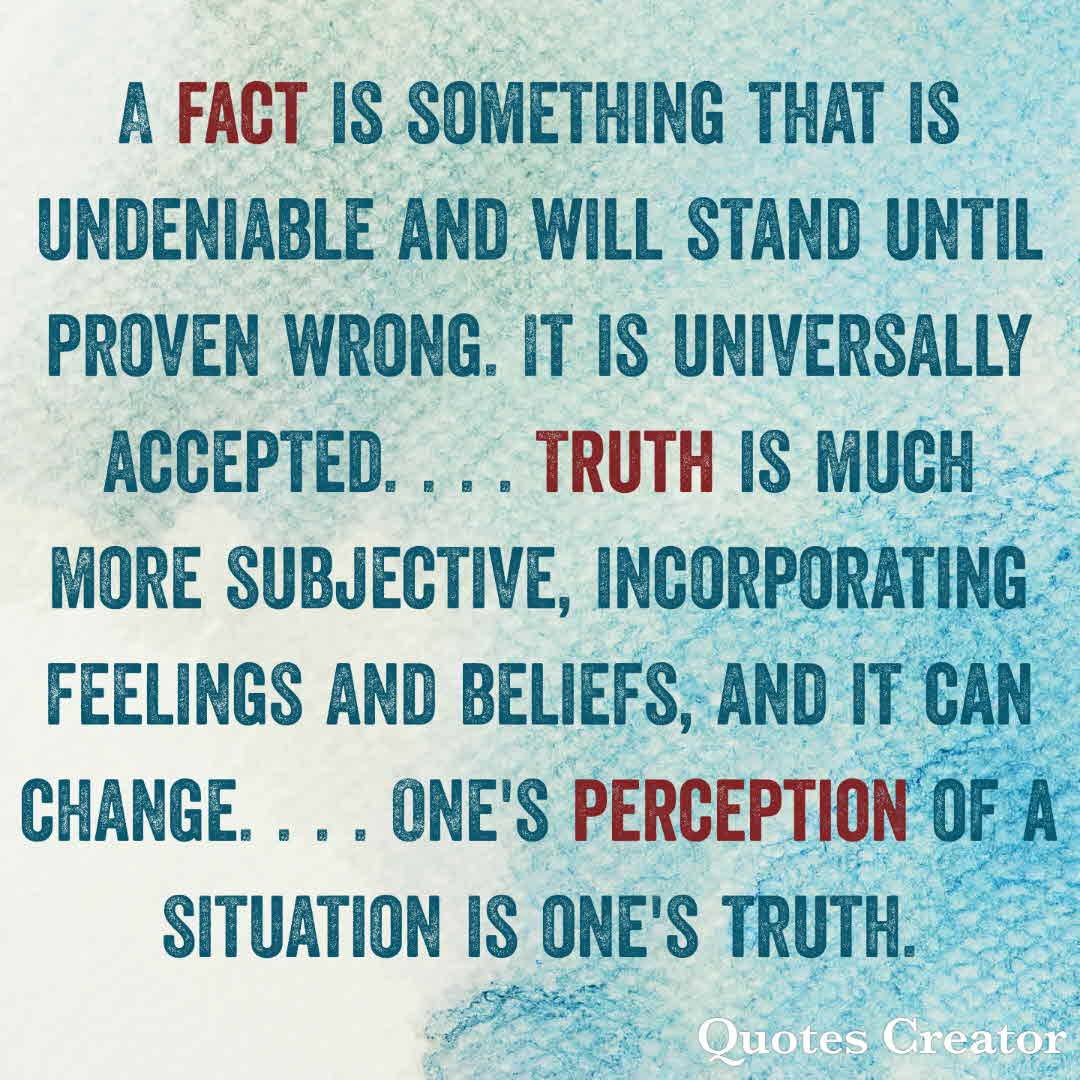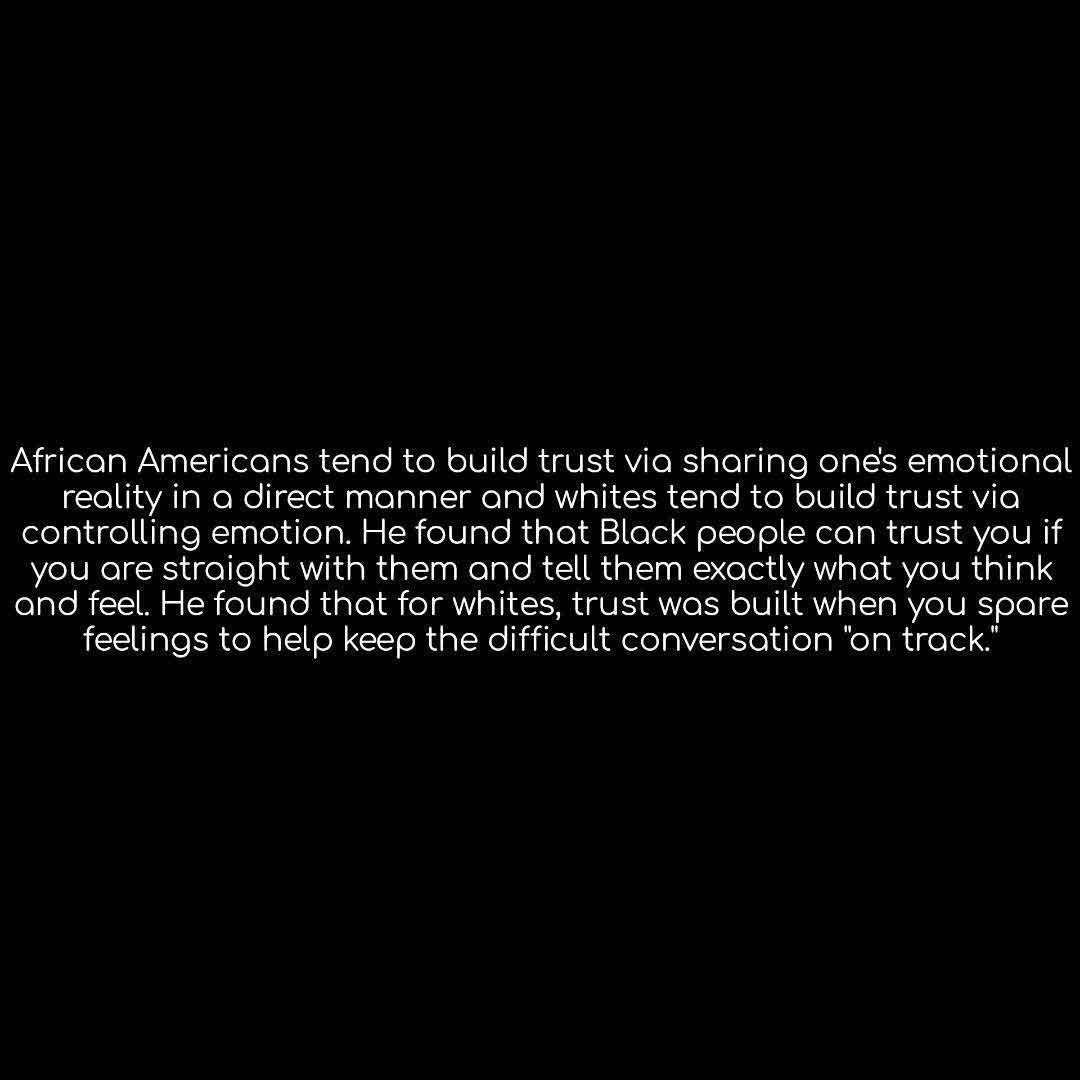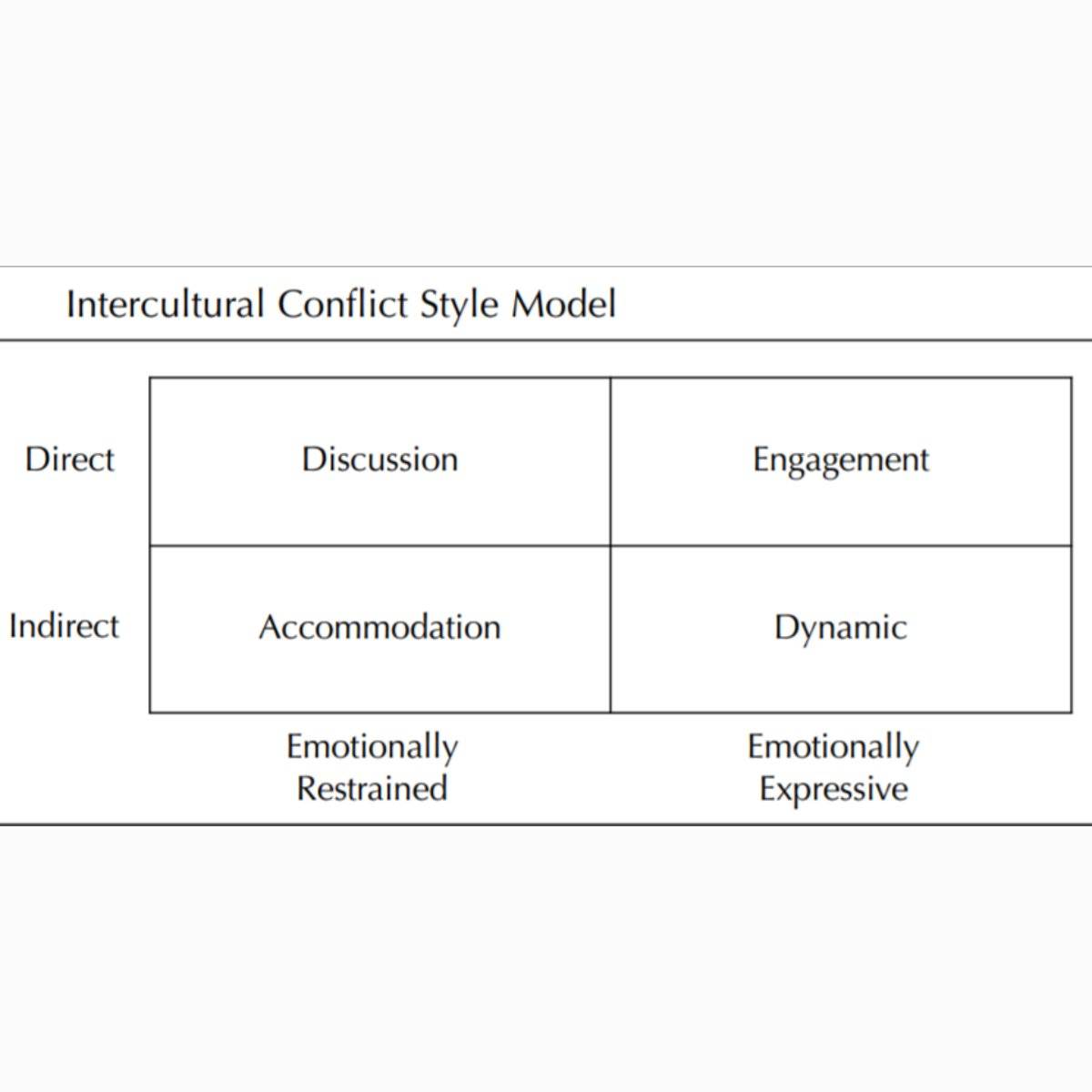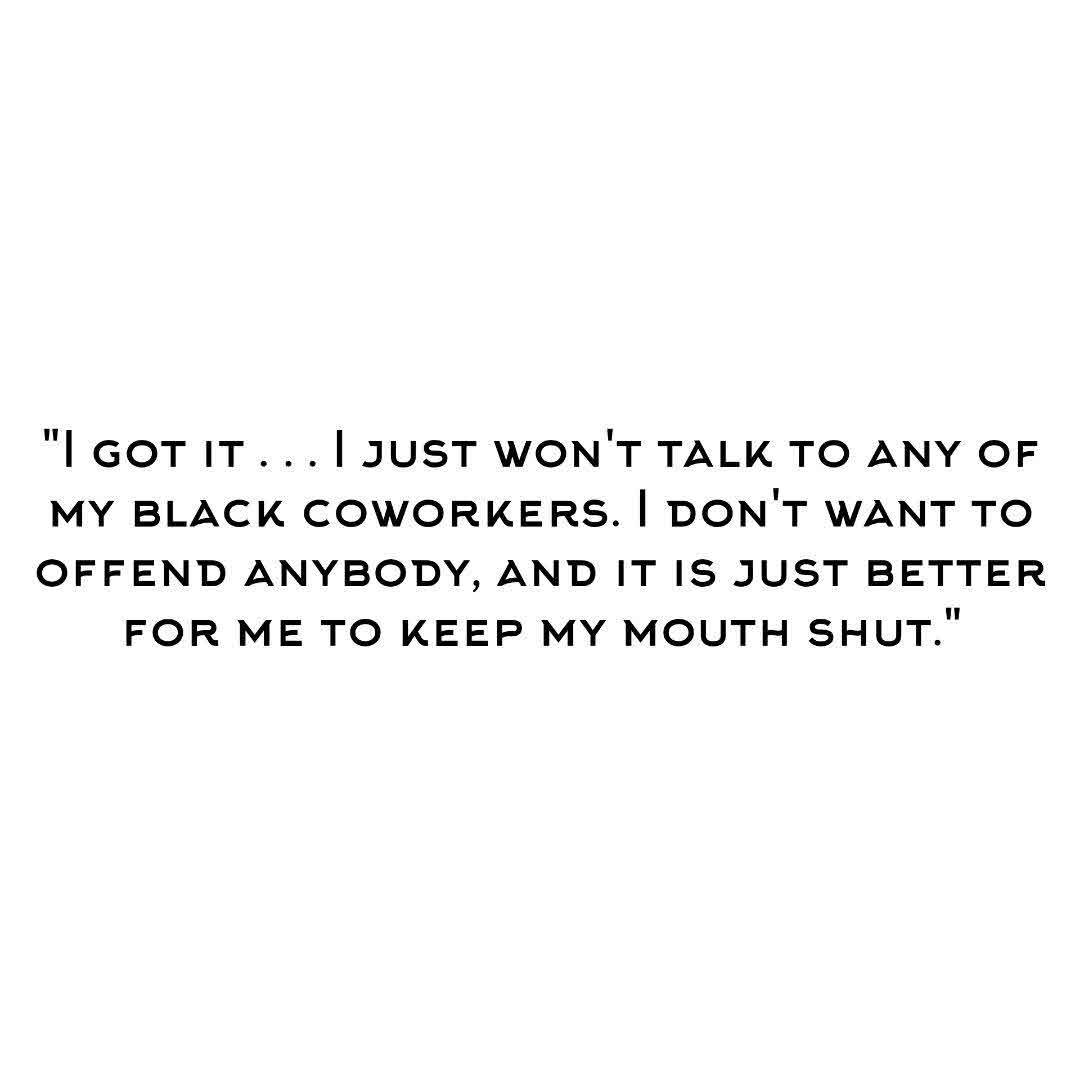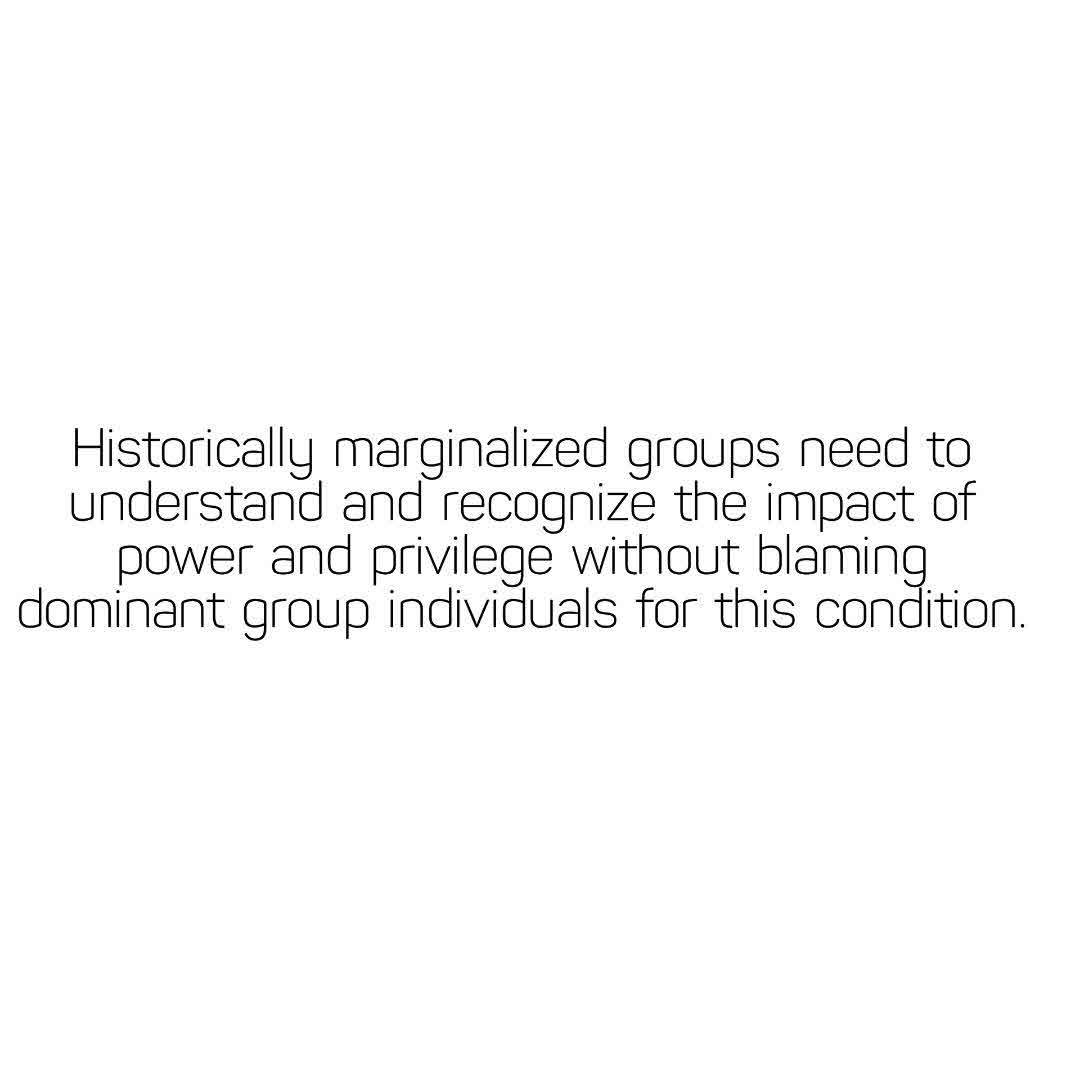The earlier chapters had some interesting information about communication styles and gauging readiness, and the last chapter offered a list of offensive phrases to avoid. The written example of a bold conversation toward the end of the book didn't have much to offer. Ultimately, I think this book was written for white people as a way to ease us into the conversation very slowly.
Full review here - https://www.goodreads.com/review/show/4075059878.











